This piece is part of a series remembering the life, career, and legacy of Helmut (Hal) Sonnenfeldt — a member of the National Security Council, counselor at the Department of State, scholar at the Johns Hopkins School of Advanced International Studies (SAIS), and Brookings expert.
Like my Brookings colleague Marvin Kalb, I got to know Hal Sonnenfeldt at that moment — four decades ago — when the Cold War was giving way to détente. And like Marvin, I was a reporter covering those events. Hal had his own role in shaping them, primarily by serving Henry Kissinger as an analyst, as an adviser, and as deeply sophisticated expert on the Soviet Union.
More than other offices in the hallowed halls of the government, his door was open to reporters. Hal’s desk, never neat, was often strewn with marked-up copies of the Russian newspapers Pravda and Izvestia. Encounters with him — whether at the National Security Council, or the Bureau of Intelligence and Research (INR), or over a sandwich in the State Department cafeteria — were plenty serious, but not unrelentingly so.
He had a wry and somewhat subversive sense of humor. Put him in bantering range of his pal Bill Hyland (a Soviet expert whom Hal recruited to be his deputy at the National Security Council), and you had a comedy duo that could have audiences rolling in the aisles — at least on think tank row. The two of them loved to crack wise about what was going on in the Politburo, at the latest round of the Strategic Arms Limitation Talks (SALT), in the chanceries of Europe, and — it can now be revealed — in the basement of the West Wing.
But when Hal (or Bill, for that matter) got down to the business at hand, it was rarely the small stuff. Hal would dispense as quickly as possible with the crisis — or the breakthrough — du jour. By that, I mean what was happening on the surface of East-West relations. Instead, his real interest was the subterranean stresses and tectonic shifts.
It was in that context that it fell to me as a reporter to cover an unwanted, undeserved, and bizarre episode that started in late 1975, roiled throughout 1976, and had reverberations for years afterward. It was during that time when his name became, if not a household word, then at least a pundit’s plaything and a political football.
I’m referring, of course, to the so-called “Sonnenfeldt Doctrine.”
To make a long story short, Hal was asked to explain to a private conclave of U.S. ambassadors the ties that bound Eastern Europe to the Soviet Union. Hal made the case that that relationship between the captive nations and their overlords was fundamentally unnatural and unsustainable — a proposition that was not just accurate but prophetic, given what eventually happened. Yet a leaked and distorted version of his remarks portrayed him as saying exactly the opposite: namely, that the Soviet grip on its satellites was natural, enduring, and unbreakable.
As often happens, the truth didn’t stand a chance against the media hysteria, which, of course, was amplified by election-year politics. I remember, early in the flap, asking Hal about the whole thing — and the catchphrase associated with it. He said, with stoic exasperation: “Do you really think if this administration were going to come up with a new strategic concept it would be called the “Sonnenfeldt Doctrine”? A couple of days later, I asked Henry the same question, and he replied (I won’t do the accent) with almost precisely the same answer.
Flash ahead 15 or so years, to the 1990s, when I was working in the State Department. Every couple of months, Hal would request an appointment, never for more than 15 minutes. He would come in, ask what was most on my mind and the secretary of state’s, and then give me his impressions about the larger context of that issue. What he had to say was always coherent, policy-relevant, historically informed, constructively candid, usefully unconventional — and never, ever doctrinaire.
Hal was, in those days, already well ensconced at Brookings. He spent 32 years there — well more than a third of his life. From his office on the second floor, near the library that he used extensively, he wrote articles, monographs, and book reviews as well as preparing for his many trips up to Capitol Hill to give congressional testimony, or across the Atlantic to attend conferences, or down to Williamsburg to meet with one of the first brainstorming sessions with Chinese. He was an active participant in the informal discussions, the brownbags, Friday Lunches, and roundtable seminars that are part of the lifeblood of Brookings. He was always available to mentor junior colleagues, including research assistants and post-doctoral fellows, and to help his fellow scholars think or write their way through a problem.
His title, all those 32 years, was “Guest Scholar.” It was, shall we say, an understatement (our institution is known for our modesty). Hal was, in fact, as permanent a member of the Brookings community as one can be — and as good a citizen of that community as my colleagues and I have known. A better title for him would have been the one he had when he worked for Henry: counselor. He was that to many of us, and of course a friend.
We — from the Brookings family — will miss him, and our hearts go out to Margie and the family.
The Brookings Institution is committed to quality, independence, and impact.
We are supported by a diverse array of funders. In line with our values and policies, each Brookings publication represents the sole views of its author(s).

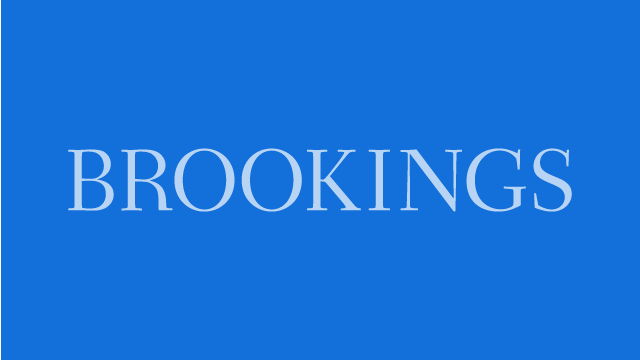
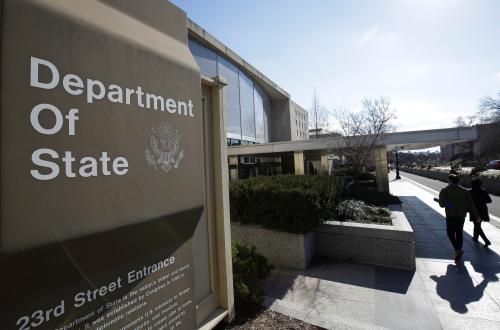
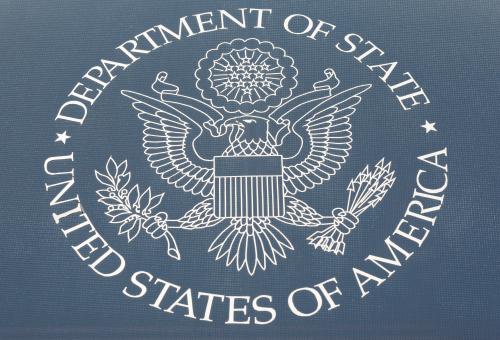
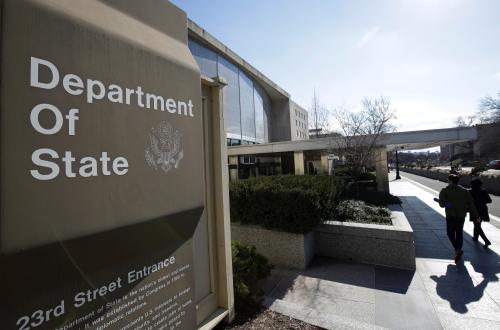
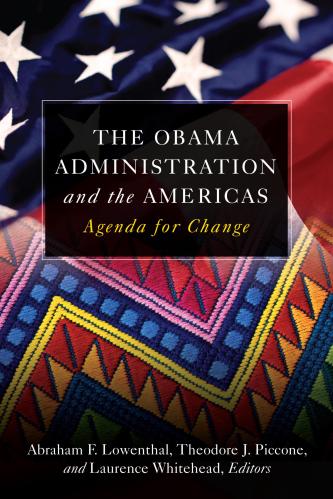
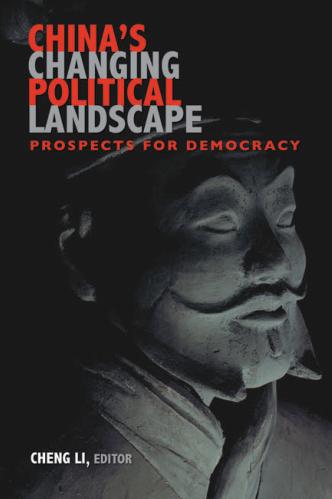
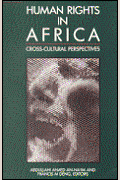
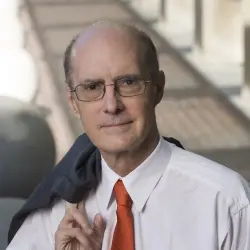



Commentary
Remembering Hal Sonnenfeldt, a true counselor
October 17, 2019